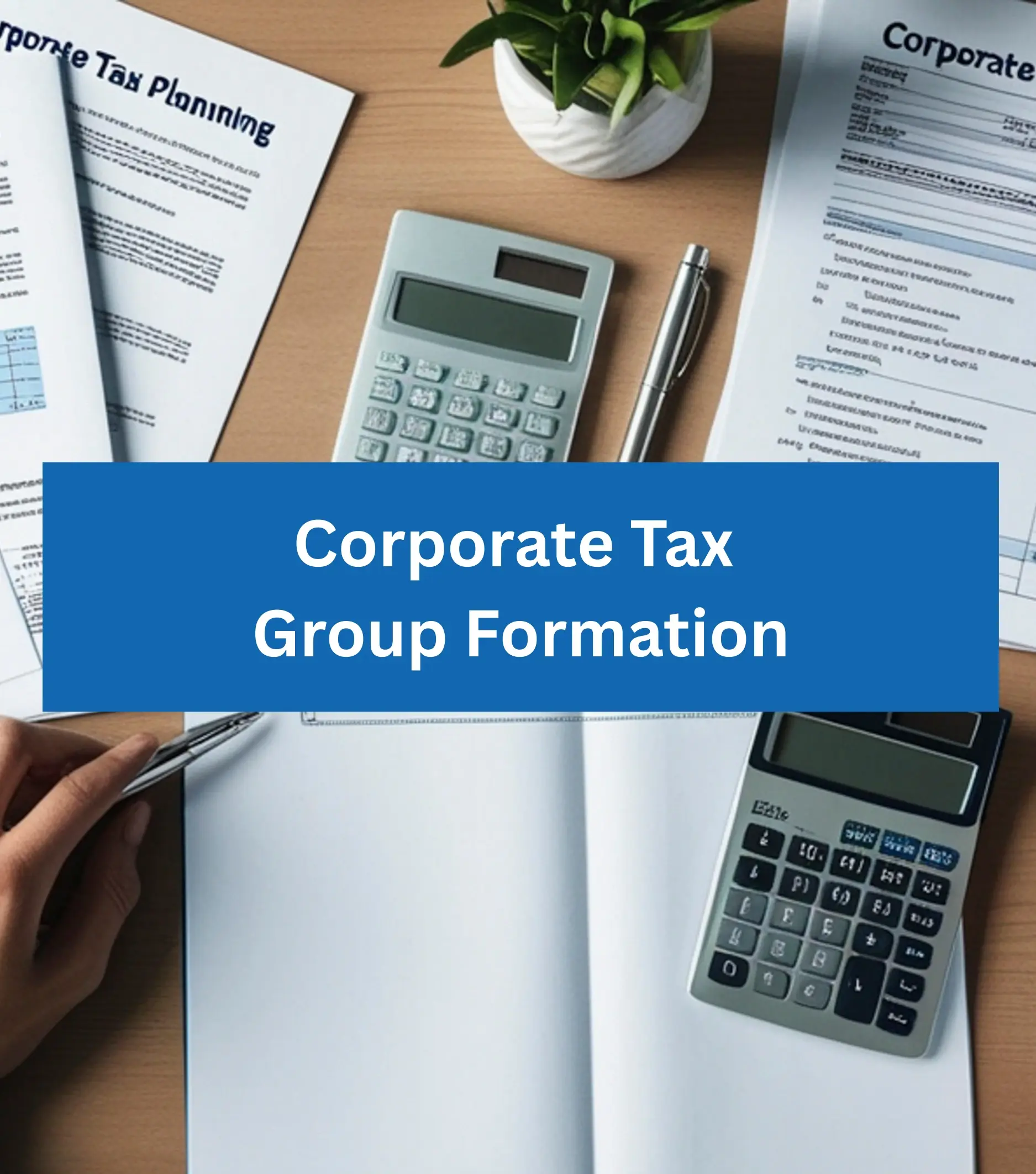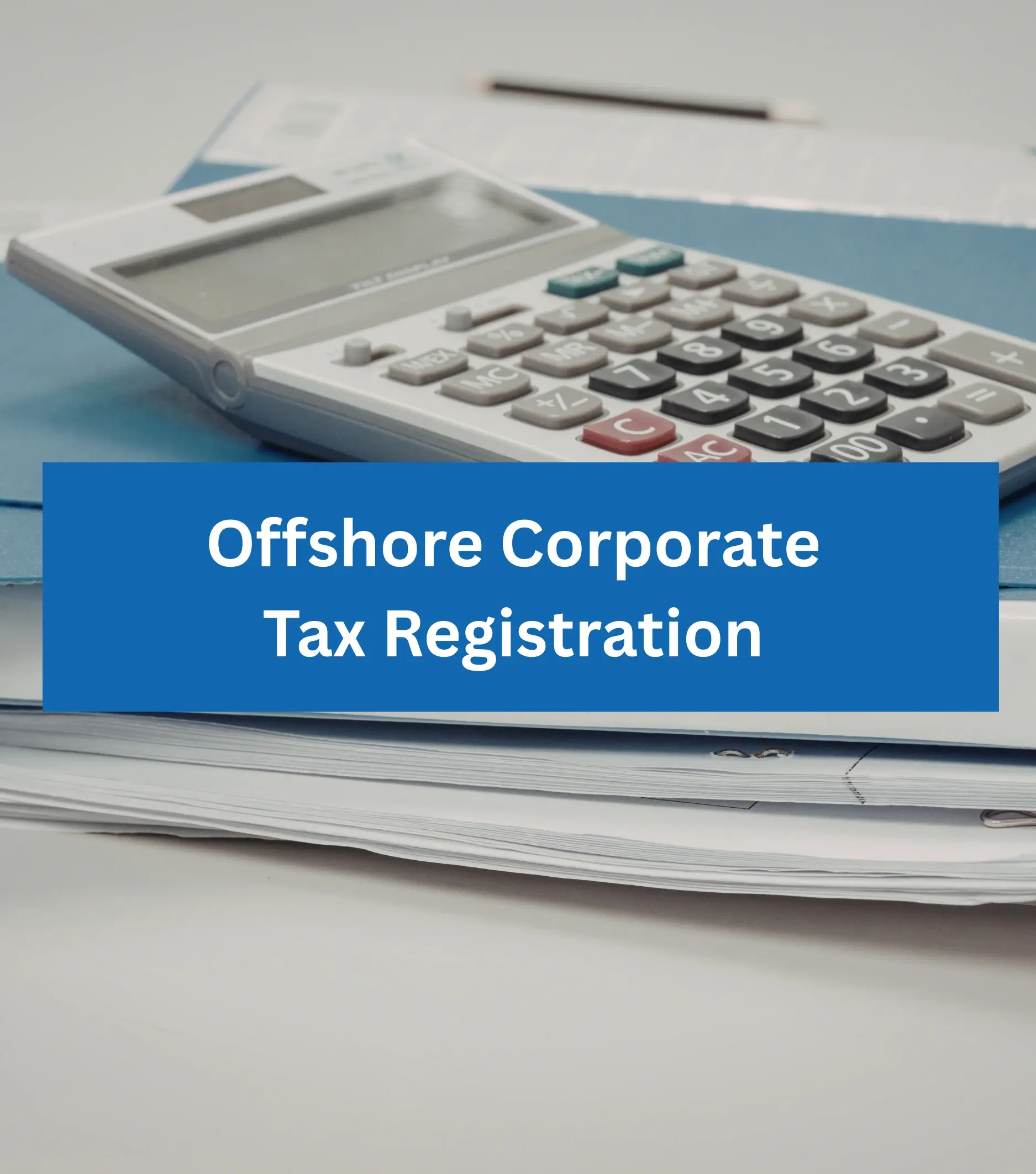The United Arab Emirates (UAE) is known for being a tax-free haven for businesses and individuals alike. However, this is about to change as the country has recently announced the introduction of a new corporate tax. While the move has been welcomed by many as a step towards economic diversification, it has also raised concerns about its impact on employees and residents. Businesses and individuals will now need to understand these changes, and many are turning to corporate tax consultants in Dubai for expert guidance. In this article, we will explore how the UAE's new corporate tax will affect employees and residents.
First, it is important to understand what the new corporate tax entails. The UAE has announced that it will introduce a corporate tax of 15% on businesses operating in the country starting in 2023. This tax will be imposed on profits generated by businesses in the UAE, and it will apply to both local and foreign companies. The new tax is part of the country's efforts to diversify its economy and reduce its reliance on oil revenues.
One of the most significant impacts of the new corporate tax will be on businesses operating in the UAE. Companies will need to factor in the tax when planning their finances and profits, which may impact their overall profitability. The tax may also affect businesses' decisions on whether to invest or expand in the country. This could have a knock-on effect on the job market in the UAE.
Employment in the UAE is largely dependent on the business sector. The new corporate tax may result in companies cutting costs to compensate for the tax, which could lead to layoffs or reduced benefits for employees. Companies may also consider relocating to other countries with lower tax rates, which could result in a decrease in job opportunities in the UAE.
Another potential impact of the new corporate tax is on the cost of living in the UAE. While commentators may debate whether corporate tax will indirectly affect prices for consumers, the government’s official guidance focuses on the tax’s scope and compliance; any claim that Corporate Tax will directly raise consumer prices should be presented as economic analysis and supported by evidence.
The UAE has emphasised that the Corporate Tax regime is designed to support the country's broader economic strategy; however, we could not find an official announcement from the Ministry of Finance or the FTA that a country-wide package of fee and tariff reductions was announced specifically as mitigation tied to Corporate Tax - any claims about such measures should cite the specific government announcement. The government has also announced plans to invest in new industries and create job opportunities in non-oil sectors.
In conclusion, the UAE's new corporate tax is a significant development for the country. While it is aimed at diversifying the economy, it may also have an impact on employees and residents. The tax may result in job losses, reduced benefits, and higher living costs. However, the government's measures to mitigate the impact of the tax may help to lessen its impact. It remains to be seen how the new tax will play out, but it is clear that it will have a significant impact on the UAE's economy and its people. If you have any queries regarding Corporate Tax, never hesitate to contact Corporate Tax Consultants in Dubai. Reyson Badger will help you with your concerns about Corporate Tax in UAE.
 The Federal Tax Authority (FTA) has announced that businesses must complete Corporate Tax registration within 90 days from the Date of Incorporation / MOA.
The Federal Tax Authority (FTA) has announced that businesses must complete Corporate Tax registration within 90 days from the Date of Incorporation / MOA.














